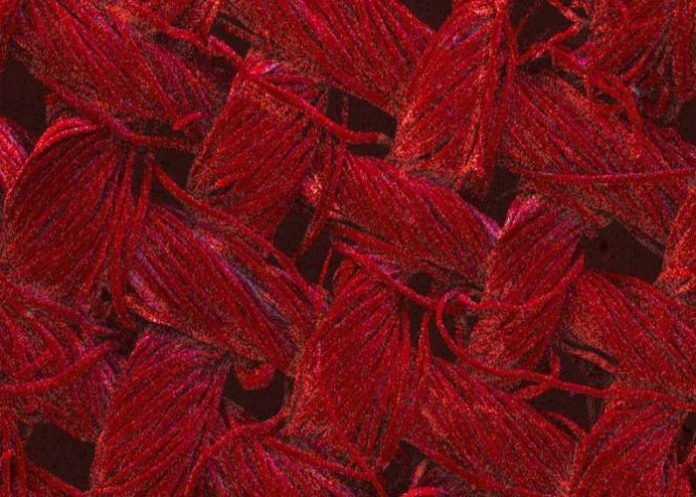Two researchers Dr. Rajesh Ramanathan along with Professor Vipul Bansal at RMIT have recently designed self-cleaning textile that can clean themselves in sunlight. And the most fascinating, this discovery have been nominated for the world’s largest design prize, the 2017 INDEX: Award.
The award observes designs in five categories in order to improve the lives of people all over the world.
Originally, they have developed the way towards nano-enhanced textiles that can spontaneously clean themselves. It already consists of 3D structures, thus great at absorbing sunlight.
According to scientists, the process has a variety of applications for catalysis-based industries such as agrichemicals, pharmaceuticals, and natural products. It could be easily scaled up to industrial levels.
Scientists started working with copper and silver-based nanostructures. Copper and silver based nanostructures have great potential to absorb visible light. When they are exposed to sunlight they receive an energy boost that creates ‘hot electrons’. And these hot electrons are responsible for enabling the nanostructures to degrade organic matter.
When exposed to light, this self-cleaning textile took less than six minutes for some of the nano-enhanced textiles to spontaneously clean themselves. That means it could pave the way for textiles that clean themselves under a light bulb or in the sun, saving increasingly vulnerable water resources.
Ramanathan said, “the water crisis is the number one global risk for the sustainability of our planet. Self-cleaning textile could help solve the problem.”
“A nano-smart textile technology that uses sunlight instead of water to clean our clothes will remarkably reduce our reliance on water for laundry, a huge benefit for resource-poor countries.”
Bansal said, “This work represents a powerful example of how technology and design can be closely integrated to improve people’s lives.”
“It is an honor to be shortlisted as one of the finalists in this significant prize, and to have our work’s potential positive impact on the lives of millions recognized.”
Kigge Hvid, CEO of INDEX: Design to Improve Life said, “They also demonstrate just how crucial design is for addressing the major problems of our world.”
In addition, scientists also shortlisted for a DESIGN ORBIT business acceleration program in Copenhagen to further develop their technology towards commercialization.
